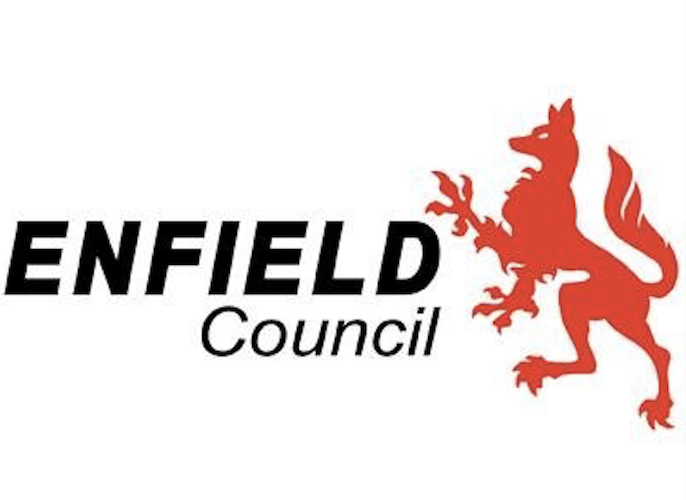Enfield Council’s Labour administration comfortably survived a Tory no-confidence motion last night, but even so there are good reasons for local Labour politicians to think hard about how best to protect their majority at the borough elections next year.
A series of defections from the Labour group which began last July – and, the Enfield Dispatch reports, continued last night – is clearly not ideal for leader Nesil Caliskan and her team. But neither is it the party’s biggest problem. Departees have formed a council group called Community First. But it is not a political party – its most recent recruit actually joined the Greens earlier this week. Complaints of marginalisation by leaderships are not unusual among dominant party groups and critics of the breakaway band say little else truly unites it.
A larger electoral challenge appears to be posed by local manifestations of fractures in Labour support on the ground that are apparent elsewhere, including beyond London.
Enfield is a large and varied borough, stretching from Edmonton in the south east – where it is joined at the hip to Tottenham in next-door Haringey – all the way up to a former royal hunting ground near the border with Hertfordshire. It was there, in the large Enfield Chase ward, that the Tories gained a council seat from Labour at a by-election held on “Super Thursday” 6 May. In contests in two other wards – Southbury and Jubilee, both further south and east – Labour held on, but by narrower margins than in 2018. Also on the same day, Enfield became the only borough where Sadiq Khan received more first preference vote support than his Tory rival in 2016 but less in 2021.
A local Labour view is that their voter coalition in the borough is less solid than it was. The council’s environmental policies are said to have played well with many residents: the green agenda was more important on the doorstep than expected. At the same time, aspects of that agenda have prompted sharp opposition, notably to the borough’s two Low Traffic Neighbourhoods, which the council strongly defends.
Part of that disquiet looks like a revival of an older theme of suburban resistance to change. But also detected, and perhaps related, is a broader strand of cultural disaffection with Labour as a national brand, noticeable among white working-class voters in Enfield and not unlike that found in other parts of England: with so much attention paid to issues such as Black Lives Matter, some of them are asking ‘what about us’? This might only subdue turnout, but that in itself harms Labour. Overlapping this, though not identical to it, the local UKIP vote seems to have swung behind the Tories, as elsewhere.
And on the horizon are the likely effects of a new ward map on next year’s borough elections. Labour fears that these too will weaken its position. The party won Enfield back from the Conservatives in 2010 and strengthened its majorities in 2014 and 2018. Its candidates might have a harder fight in 2022.
Update, 22 May 2021: This article originally stated that Enfield’s Low Traffic Neighbourhoods were were funded with government money allocated by TfL. In fact, one of them (The Bowes) was paid for directly by the Department for Transport from its emergency active travel fund and the other (Fox Lane), which was planned back in 2019, was funded by TfL. Apologies for that confusion.
OnLondon.co.uk provides in-depth coverage of the UK capital’s politics, development and culture. It depends greatly on donations from readers. Give £5 a month or £50 a year and you will receive the On London Extra Thursday email, which rounds up London news, views and information from a wide range of sources, plus special offers and free entry to events. Click here to donate directly or contact davehillonlondon@gmail.com for bank account details.

